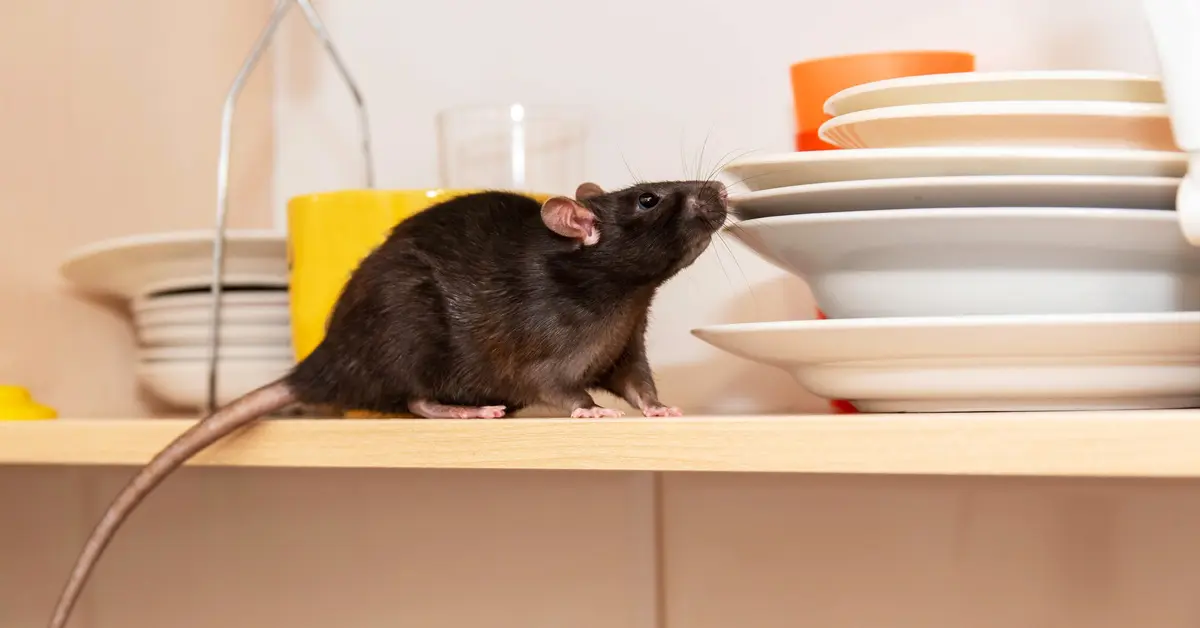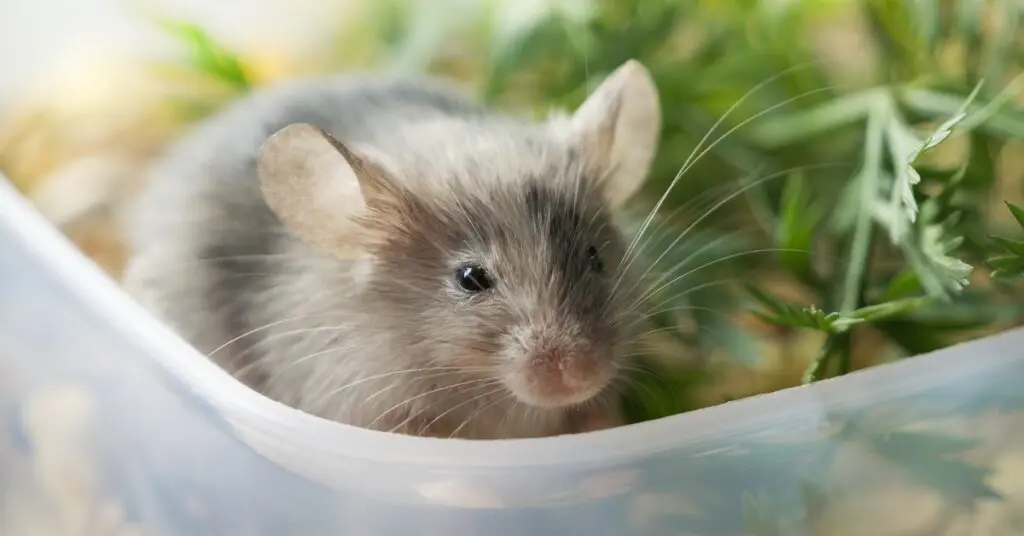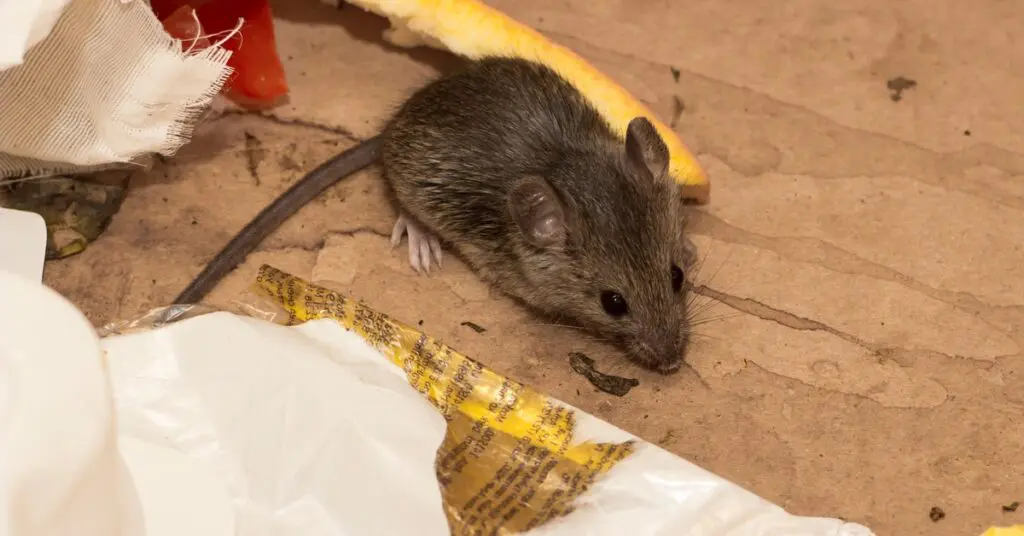
8 Health Risks Related to Rodent Infestations
When a house has a rodent infestation, it can feel like a nightmare for homeowners or renters. These small, furry invaders don’t just cause structural damage; their presence can introduce serious health risks that can impact everyone within your space.
That’s why it’s so important to understand the health risks related to rodent infestations to protect your household from dangerous outcomes. Read on to learn about the biggest health risks and take charge of your well-being and that of your loved ones.
Allergic Reactions
When mice and rats move through your living spaces, they shed fur, excrete waste, and leave behind a trail of allergens that often trigger reactions. Symptoms can include sneezing or difficulty breathing. Particles from rodent droppings and urine can become airborne, making it easy for anyone in the space to inhale them.
For individuals with respiratory sensitivities or preexisting allergies, exposure to rodent allergens can escalate symptoms. Continuous exposure can sometimes cause mice allergies to develop in individuals who are otherwise healthy. By addressing mice and rat infestations quickly, you can prevent loved ones from experiencing these reactions and restore your home to a healthy environment.
Rat-Bite Fever
Another health risk related to rodent infestations is rat-bite fever. This bacterial infection can enter human populations through direct bites, scratch wounds, or contact with saliva or urine from infected rodents. Early symptoms include fever, vomiting, and a rash, but this condition may progress to severe complications if left untreated.
Wild rodents and domesticated rats alike may transmit this condition, raising the stakes for anyone in contact with these animals. Even handling objects or surfaces contaminated with the saliva or urine of a rodent can lead to infection.
While health professionals can treat rat-bite fever, those who have contracted it must seek care quickly. Once plans for appropriate pest control are set in motion, you or your exterminator can identify contamination sources and remove them to prevent this disease from spreading or recurring.
Salmonella

People often associate this infamous bacterial pathogen with contaminated food, but rodents can also be carriers. When rodents eat or drink food and liquid containing salmonella, they can easily spread this illness to others.
If you consume something with feces or urine from a rodent with salmonella, you can develop salmonellosis. Its symptoms in humans can include diarrhea, fever, and abdominal pain, which is sometimes severe enough to require hospitalization. Preventing a salmonella outbreak calls for consistent cleanliness combined with swift rodent management to stop further contamination in its tracks.
Leptospirosis
Leptospirosis is a bacterial infection that enters the body through cuts, mucous membranes, or even exposure to contaminated water. Once inside, the bacteria can cause fever, muscle pain, and in some cases, kidney or liver damage.
So, what does that have to do with rodents, you ask? Leptospirosis outbreaks often follow flooding events when stagnant water becomes a breeding ground for pathogens. Unfortunately, carrier rodents can compound the problem by leaving their urine behind. Eliminating infestations minimizes the risk of exposing yourself and those around you to this disease.
Hantavirus

Hantavirus, a life-threatening illness, finds its origins in contact with droppings, urine, or saliva from certain kinds of rodents. Individuals can encounter the virus during cleanup efforts in storage areas or buildings where rodent activity previously occurred. When contaminated materials become disturbed, particles carrying the virus go airborne, where anyone in the vicinity can breathe them in.
The symptoms escalate quickly, beginning with fatigue, muscle aches, and fever. Without treatment, hantavirus may progress to respiratory failure. Preventing exposure hinges on safe handling practices during rodent dropping cleanup and prompt pest control efforts to halt infestations. Eliminate access points like gaps around windows or doors to reduce the likelihood of future rodent invasions.
Lymphocytic Choriomeningitis
Lymphocytic choriomeningitis (LCM) is a viral illness often linked to house mice. Transmission occurs when individuals encounter recent urine, droppings, or saliva. However, people can also contract the virus through rodent bites.
Those with this condition may experience flu-like symptoms, such as headaches and fever, but severe cases may lead to inflammation surrounding the brain and spinal cord. Pregnant women face even greater risks, as LCM can cause congenital disabilities or even miscarriages. Early identification of rodent hot spots, followed by professional removal efforts, can offset these risks and restore safety to your residence.
Asthma Attacks
Rodent activity has a strong link to worsening asthma symptoms. Hair, droppings, and shed skin from rodents can contribute to poor indoor air quality. These allergens are triggers, exacerbating breathing difficulties or making asthma attacks more frequent and severe.
When left unchecked, allergens can settle into air ducts, carpets, and furniture, spreading the problem. Professional cleaning services paired with pest control offer the twin benefits of restoring the environment while targeting the source of the allergens. Creating a healthy household requires attention to even invisible threats like these.
Bubonic Plague
One last health risk connected to rodents is the bubonic plague, which led to one of the deadliest pandemics in human history in the mid-1340s. The bacterium Yersinia pestis causes this condition, which infected rodents can spread. The bubonic plague is still a risk in modern times, albeit a rare one.
The infection attacks the lymphatic system, causing painful, swollen lymph nodes. Additional symptoms include fever, chills, muscle pain, and fatigue, often accompanied by rapid deterioration without treatment.
Although modern medicine has largely tamed the threat of the bubonic plague through antibiotics and preventative sanitation practices, sporadic cases still occur in some regions. Maintaining clean living environments, controlling rodent populations, and following proper waste management protocols are critical steps in minimizing exposure risks.
Protect Your Health With Legacy Rodent Control
Now that you know the health threats associated with rodent infestations in your home, you can understand why it’s so important to take immediate action if an invasion occurs. When you detect signs of rodents in your home, rely on professional pest management services to handle these situations safely and effectively.
Legacy Rodent Control can help you take control of your health and safety by eliminating rodent threats before they endanger those you care about. Our rodent control services in Frisco will remove current pests so you can have a healthier, safer environment today.
